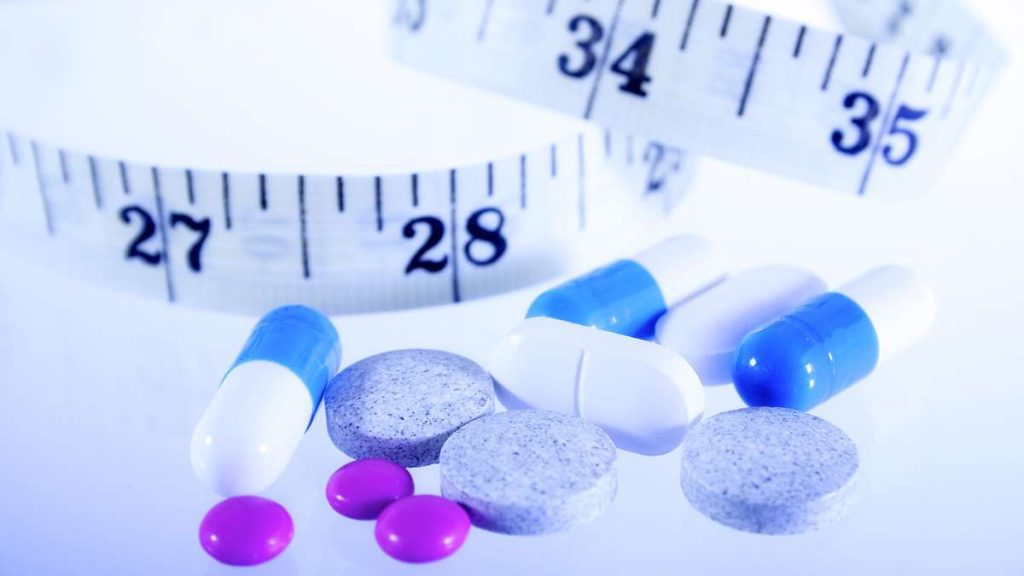Our Favorite Nutritional Support For Mums USA From Supremo Nutrition’s 45% Off Mother’s Day Sale!
Our Favorite Nutritional Support For Mums USA From Supremo Nutrition’s 45% Off Mother’s Day Sale! Mother’s love is always touchy and divine to us. There is nothing as delicate as a mother’s kiss; this form of love is as emotional blunting as any form of love, and we have felt the stream of her love every day, and it is pouring on us. Her strength is truly inspiring us, and we’re always overjoyed to hear about her well-being! There are so many people cheering for her good health. Thank you for guiding us on how to meet challenges to achieve our lives and careers. As Mother’s Day is just knocking on the door, it’s a race against the clock to find Mother’s Day gifts for the disguised superwoman in your life. If you want to pick up something she’ll adore that’s also on your budget, don’t worry, we’ll help you find the best health gifts for mum USA on your Mother’s Day celebration in 2025. Why not think of giving your mom the best dietary supplements for women? Ahead of time, buy Best Health & Nutritional Supplements for Mom’s Day gifts to save 45% on the best Mother’s Day discounts on health products USA. Shop for Mother’s Day health gifts USA from a health and wellness brand to help her promote her well-being. These are plant-derived nutraceuticals as dietary supplements for all women, at any age, to support their health and fitness journey. We’ve rounded up the best Mother’s Day special offers on supplements USA on all nutraceuticals “From Nature To Your MOM” – now you can get them at a 45% discount on nutritional supplements online. Just make sure to check the shipping details before you place your order. Use the promo code: SNMOMS50 to get instant 45% OFF, and it’s applied at your checkout. Higher Microbiological Quality Of Bioactive Compounds! Most European populations are aging faster, and plant-derived dietary supplements, especially support optimal health, have become increasingly popular among many generations. These plant-extract nutraceuticals have potent bioactive compounds, such as all forms of vitamins, minerals, amino acids (essentials & non-essentials), herbs fatty acids, and botanicals, and more, which bring specific health benefits due to their microbiological quality help better absorb the nutrients in bodies, particularly for elderly individuals lacks or suffering from nutritional deficiencies. The prevalence of polypharmacy is closely linked to community-dwelling older age groups and in inpatient settings due to multimorbidities. The abrupt or excessive use of polypharmacy can lead to adverse drug effects, including increases in the risk of insomnia, oversedation, fractures, drowsiness or confusion, orthostatic hypotension (sudden falls), sarcopenia, angina pectoris, and degraded cognitive functions, which cumulatively can enhance drug-dependency. However, early and regular use of the best nutritional health & dietary supplements can reduce drug-drug interactions, and lower the dependency of polypharmacy, which are typical health issues among older people. Best nutritional supplements to support overall health! The best supplement for overall health can be beneficial at any age, offering nutrients to support bone health, improve gut health and liver functions, boost overall wellness, or lower your risk of many health problems such as osteoporosis, arthritis, support cardiovascular health, improve cognitive functions, boost sleep cycles, helps better irregular menstrual cycles and maintain a healthy weight, support to control menopausal symptoms, improve immune systems, and so on this list. These healthy nutrition supplements can replenish health nourishing nutritent gaps in your daily life. They can be picked up without a doctor’s prescription, but it’s necessary to understand the purpose of these healthy supplements you’re going to gift to your moms and why you should take them. Why do we need to add nutritional health supplements to our daily diets? In 2019, according to the United Nations, the faster growth in population aging became a serious social transformation in the current century. They made a statement that the growing number of older adults population is 65 will double by 2050, and this number will go up to triple by 2100. The growth of the aging cycle will go up from 962 million in 2017 to an increase of 99.78% (2.1 billion) in 2050 and a 99.67% increase (3.1 billion) in 2100. As Europe’s population ages faster, it puts stress on a higher chance of age-related diseases, and a lack of dietary attention could trigger many health complications, including: Physiological changes in older adults lead to decreased nutrient consumption and poor absorption of essential nutrients, which could cause vitamin and mineral deficiencies. Rise in age-related illnesses and increased medication consumption or prevalence of multi-medication use in older adults, we need a better dietary plan to address these concerns as a top priority. On average, one in ten patients undergoing hospital care in high-income countries is prone to dealing with multiple adverse pharmacological effects based on current drug habits. Therefore, we need to pay attention to giving them dietary health and nutritional supplements for healthy aging. This Mother’s Day, consider the gift of good health. By offering discounted health products for mum USA on the best dietary supplements, you can help nurture your mother’s well-being, your thoughtful and caring gesture that goes beyond the vintage-inspired textiles or any other forms of heritage gifts. To any woman – you’re celebrating this Mother’s Day 2025—especially for moms—will appreciate their great contribution to our society, and these Mother’s Day health gifts USA can improve your health and provide antioxidant support in all seasons. Made from plant-derived nutrients, it gives superb health benefits in multiple health complications. You can never go wrong with gifting wellness gifts for mums USA during Mother’s Day Celebration in 2025. Therefore, ensuring the best possible nutritional support for older people can meet the gaps in nutritional deficiencies or check malnutritional status with the right nutrients. Check out Supremo Nutrition’s Mother’s Day special offers on supplements USA – you all are entitled to get 45% OFF on healthy nutrition supplements. Just shop for wonderful Mother’s Day gifts and love her more than any words you can










